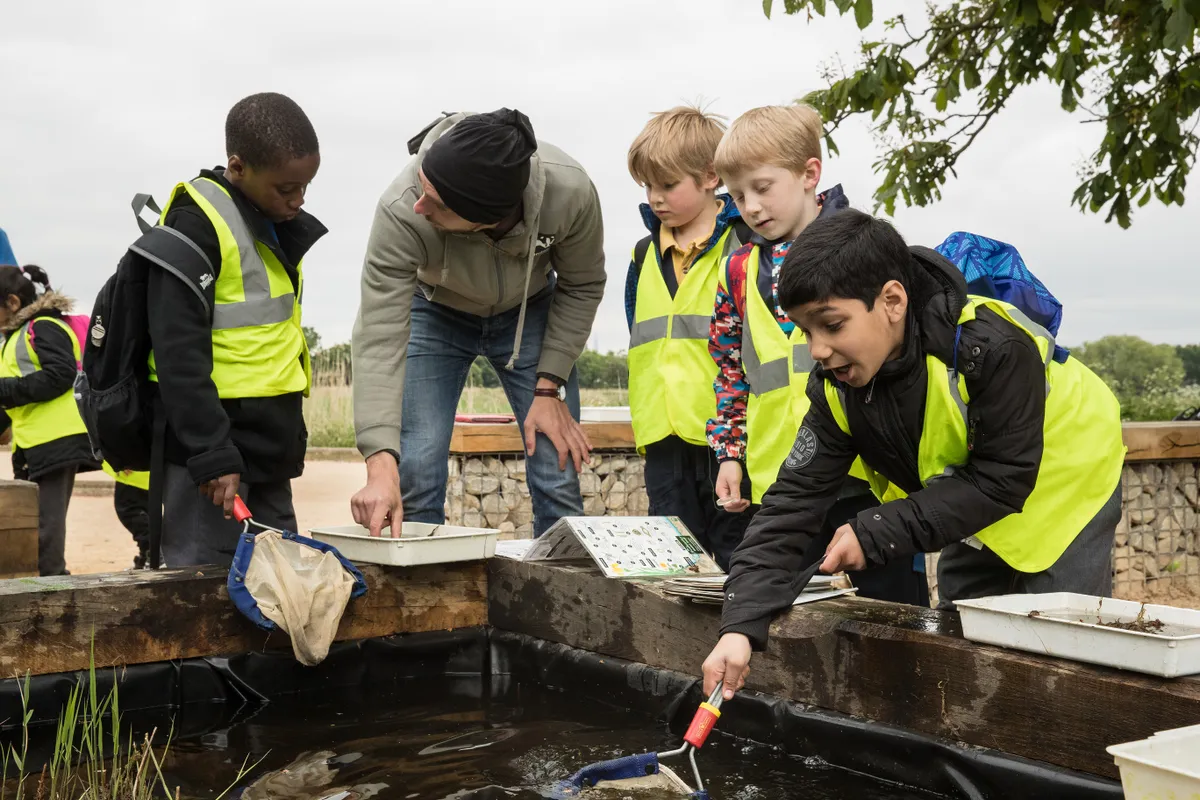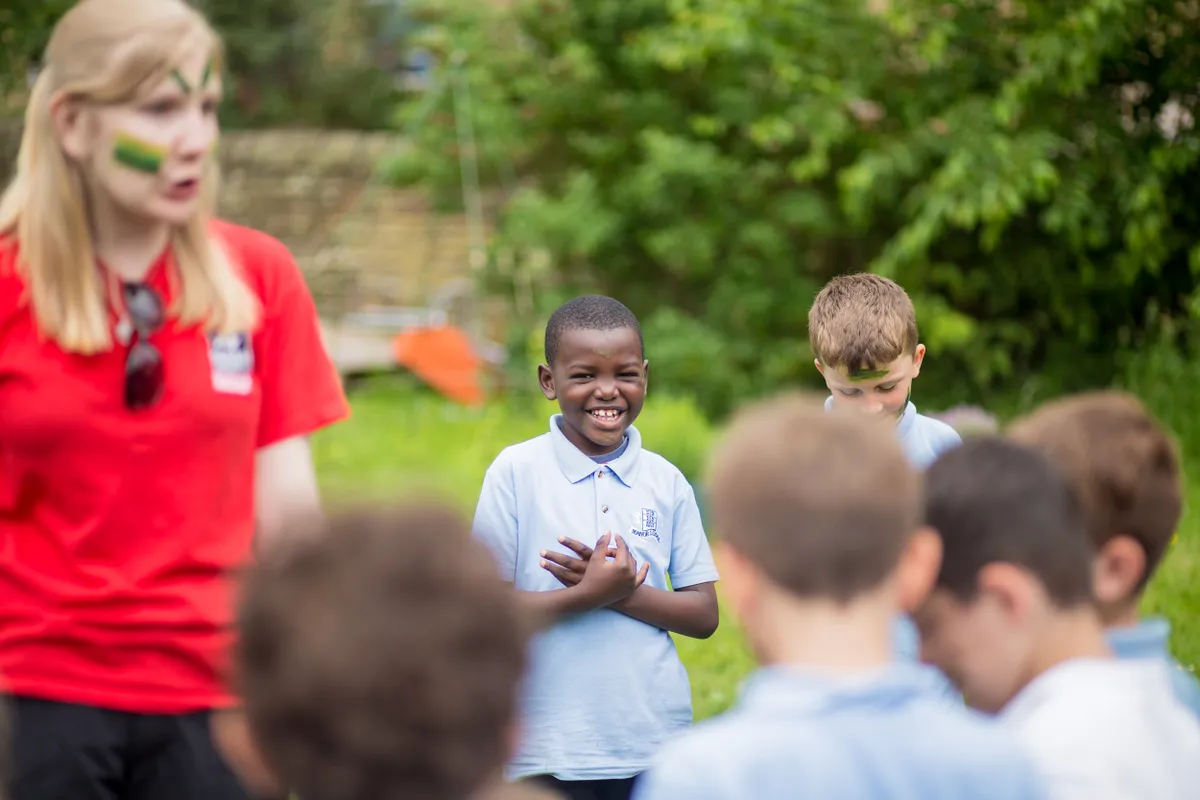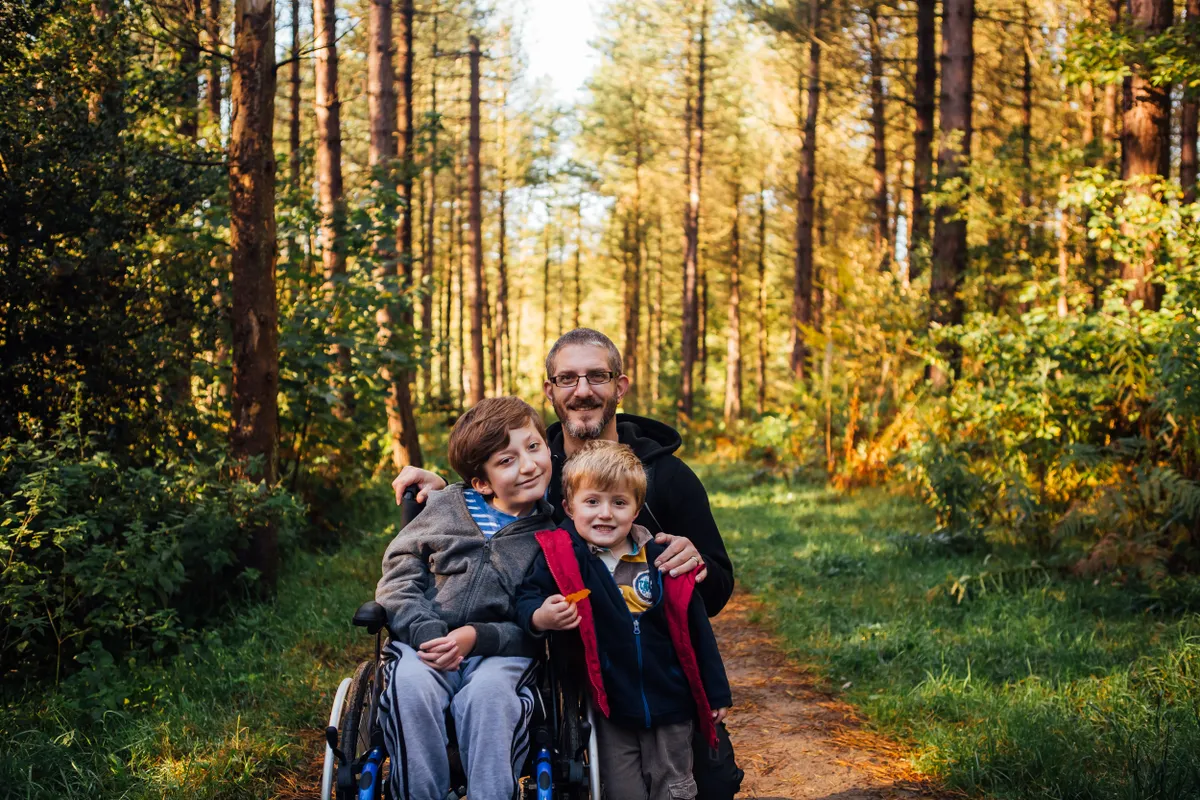The idea that spending time outside is good for children is not a new one, but the extent to which outdoor activities can improve their wellbeing has now been quantitatively verified.
The Wildlife Trusts, in conjunction with researchers from University College London (UCL), has today released a report detailing the results of their latest survey, which overwhelmingly validates the positive impact connecting with nature has on young children. They have also recommended a daily 1 hour ‘nature boost’ for every child.
Primary school children were asked questions relating to their wellbeing and attitudes towards nature, both before and after they participated in a series of outdoor activities. These included identifying plants and trees and learning about wildlife habitats.

The 450 children surveyed reported high levels of enjoyment and confidence in their capabilities, as well as improved relationships with teachers and classmates after they had spent time connecting with nature.
“This research shows that children experience profound and diverse benefits through regular contact with nature,” says Nigel Doar, The Wildlife Trusts’ director of strategy.
“Contact with the wild improves children’s wellbeing, motivation and confidence. The data also highlights how children’s experiences in and around the natural world led to better relationships with their teachers and class-mates.”

As well as wellbeing benefits, there also seems to be educational ones. 90% of the children reported that they felt they learned something new about the natural world, and 79% felt that the experience would help with their school work. They also showed an overall increase in pro-environmental values, agreeing that people should protect plants and animals.
The researchers also measured the ‘nature connection’ of the children. This refers to their personal affinity with nature and how much a part of their identity they consider it to be, reflecting a sense of closeness to the natural world.
This was found to increase over after the activities, and the increase was highest in those with initially low levels of nature connection.

The report does however acknowledge that not all children have the same access to nature. This can be limited by location, family affluence, and other oppertunity barriers. Not every child lives near to a natural park, has access to a garden, or has parents that are able to take them to wildlife reserves.
Since some children may not have access to nature outside of school hours, so it is essential to provide them with these opportunities. They therefore stress the importance of including time in nature in national curriculums.
The study recommends that at least 1 hour per school day is spent outdoors learning and plying in wild places. Then all children might have access to the multiple benefits highlighted by this report.
Professor Michael Reiss from the Institute of Education at UCL, says, “Each generation seems to have less contact with the outdoors than the preceding one. We owe it to all young people to reverse this trend – for their sakes, for our sakes and for nature’s sake.”
Main image: Children taking part in nature activities. © Helena Dolby/The Wildlife Trusts
